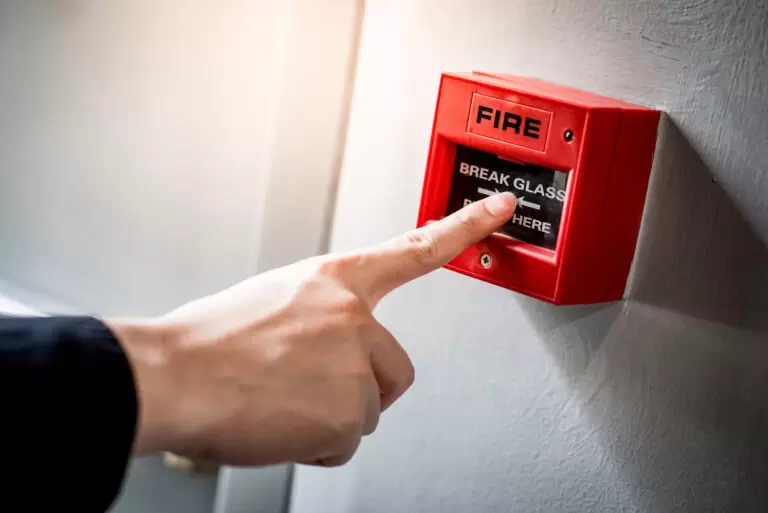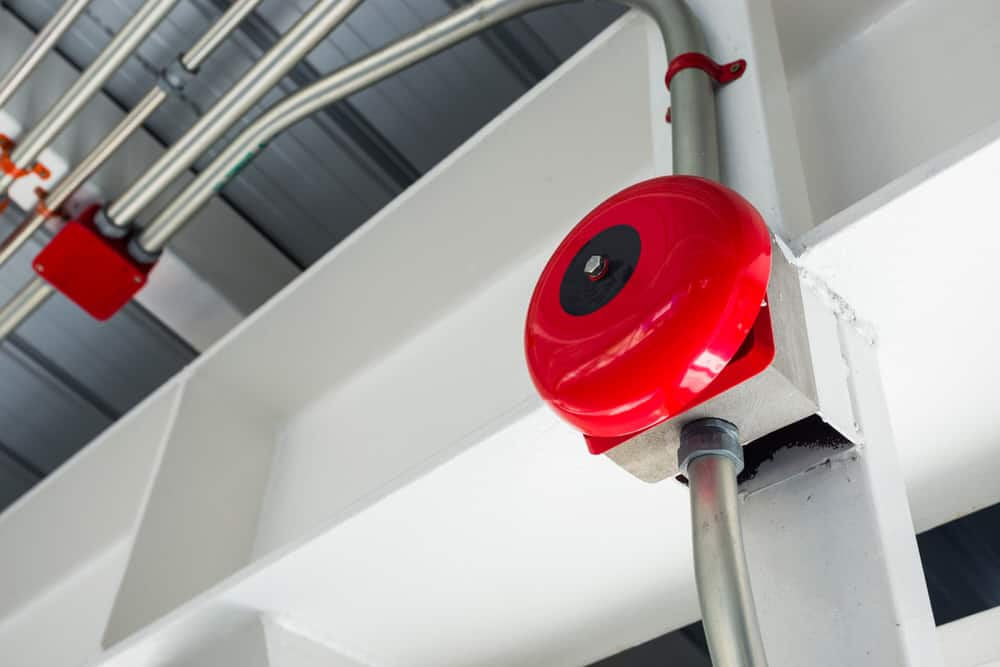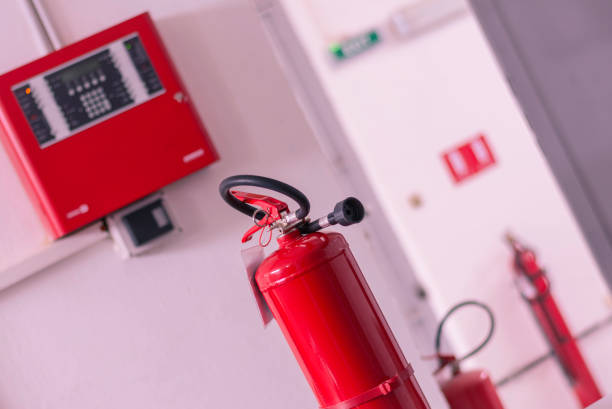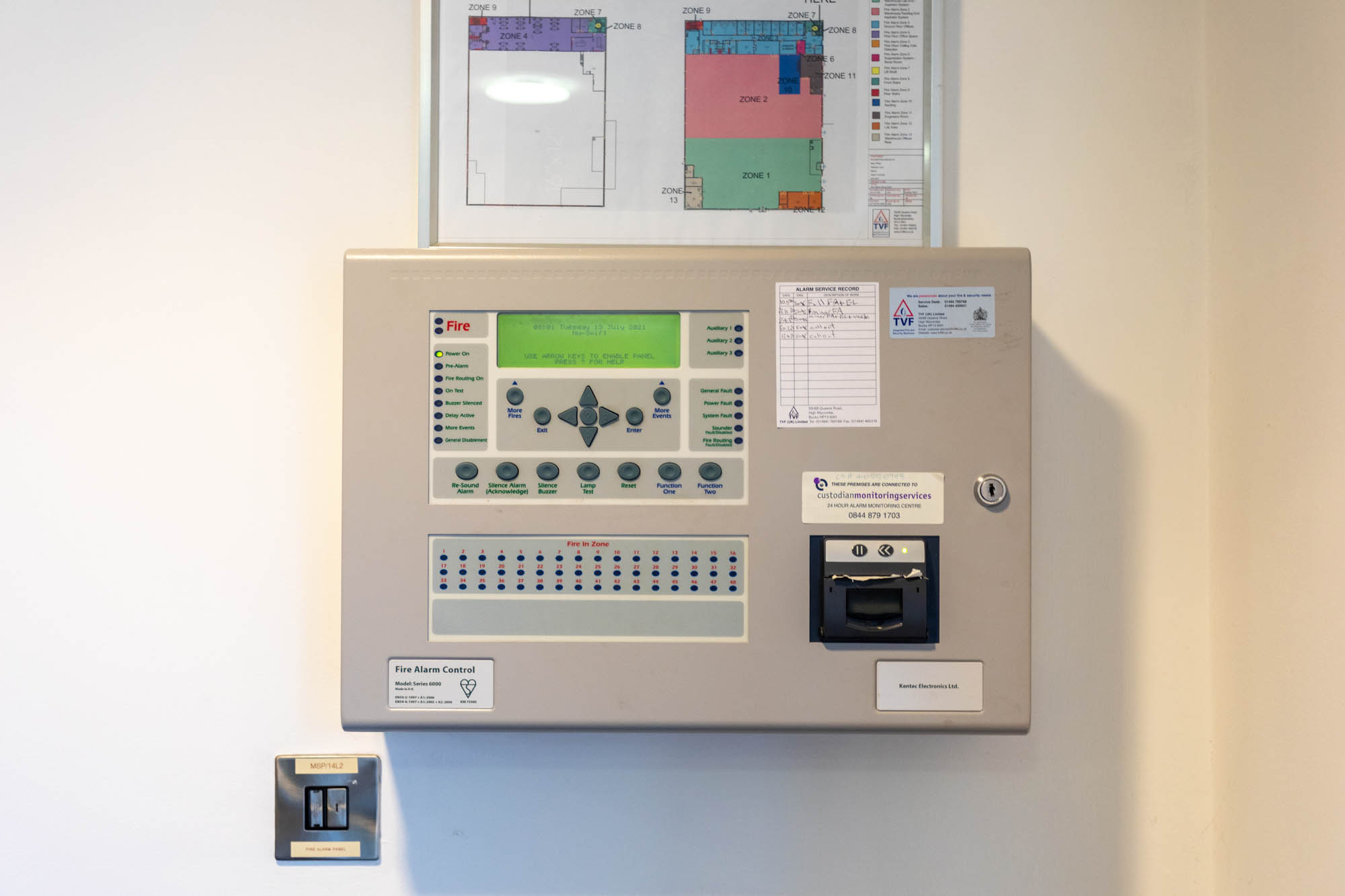5am fire alarm
Residential fire alarms are crucial for home safety and should be installed in every sleeping area, hallway, and kitchen. These alarms detect smoke or heat and alert occupants to danger. Battery-operated and hardwired smoke alarms are available, with interconnected systems providing the best protection. Regular testing and maintenance, such as changing batteries and cleaning detectors, ensure they function properly.
Schools need advanced fire alarm systems to safeguard students, teachers, and staff. These systems must adhere to strict regulations, such as BS 5839-1, ensuring they meet safety standards for educational institutions. School fire alarm setups typically include smoke detectors, manual call points, and automatic fire doors to contain and slow the spread of fire. Routine fire drills and staff training are also critical components of a school's fire safety strategy. These measures ensure that everyone knows how to respond swiftly and safely in the event of an alarm activation.
Fire alarms should be tested regularly to ensure they are in proper working condition.
Expert Fire Alarm Installation in Bristol - Alarm Sounder/Siren – Emits loud noise to alert occupants
- Wireless Fire Alarm System – Uses radio signals instead of wired connections
- Aspirating Smoke Detection System – Detects smoke particles in the air before they become visible
- Emergency Evacuation Plan – A protocol for exiting safely during a fire



